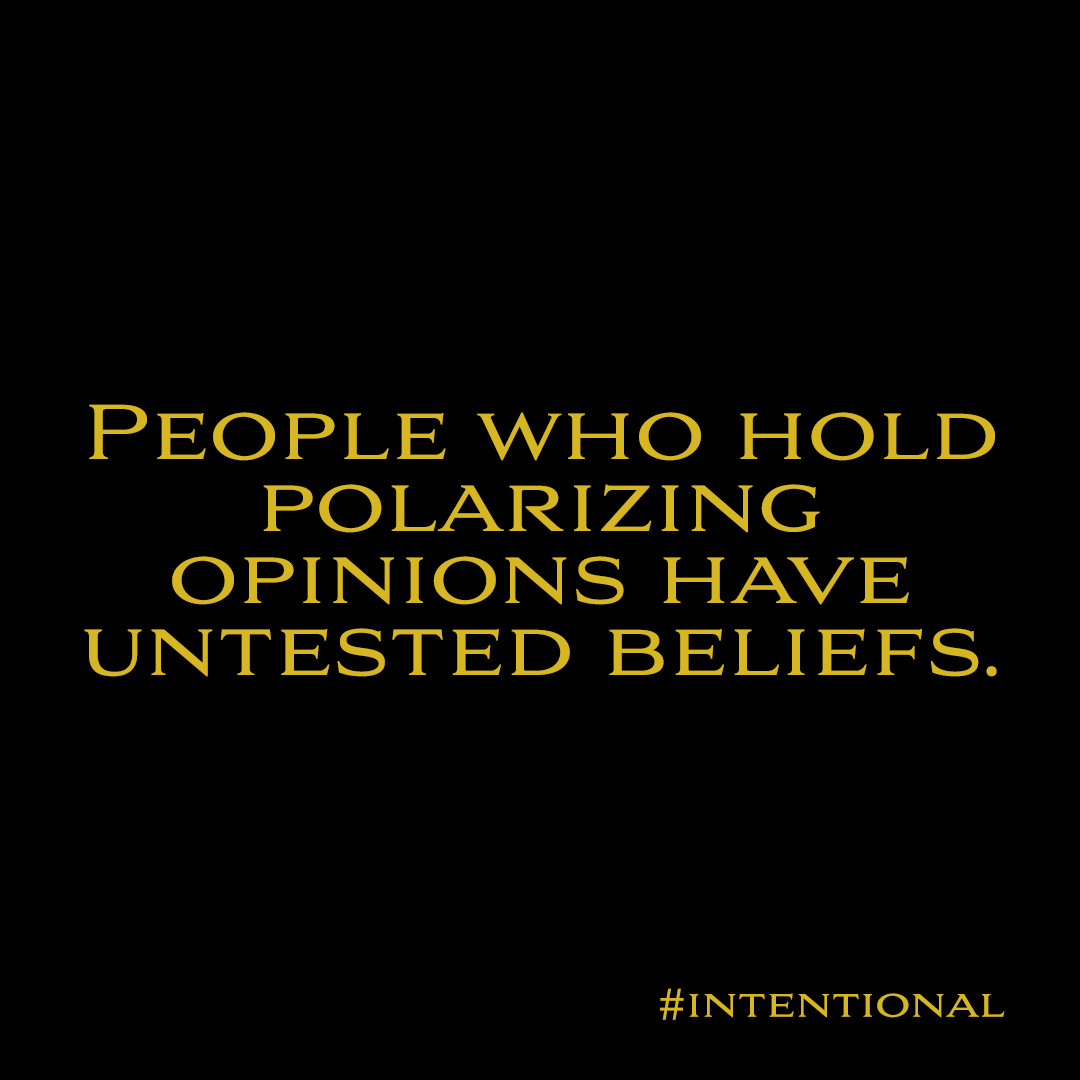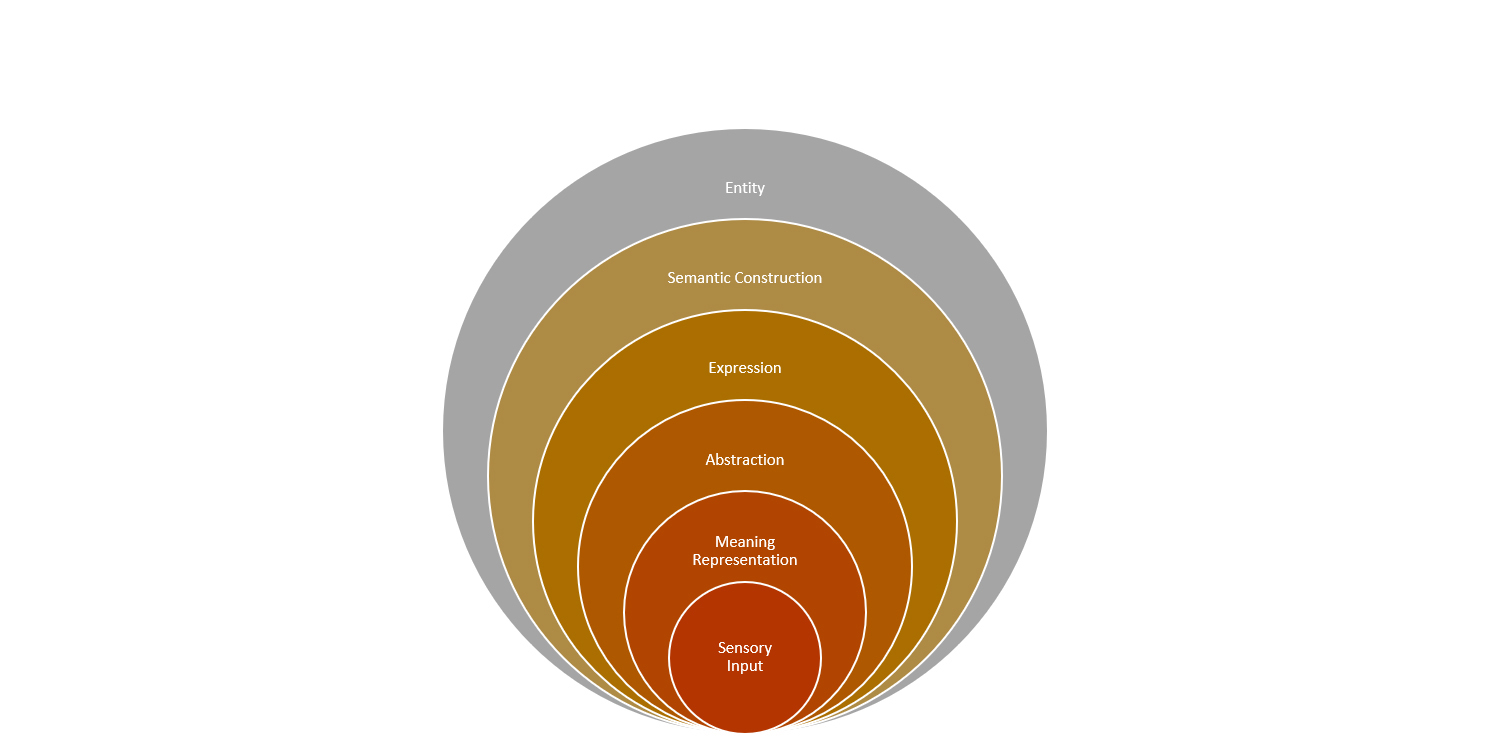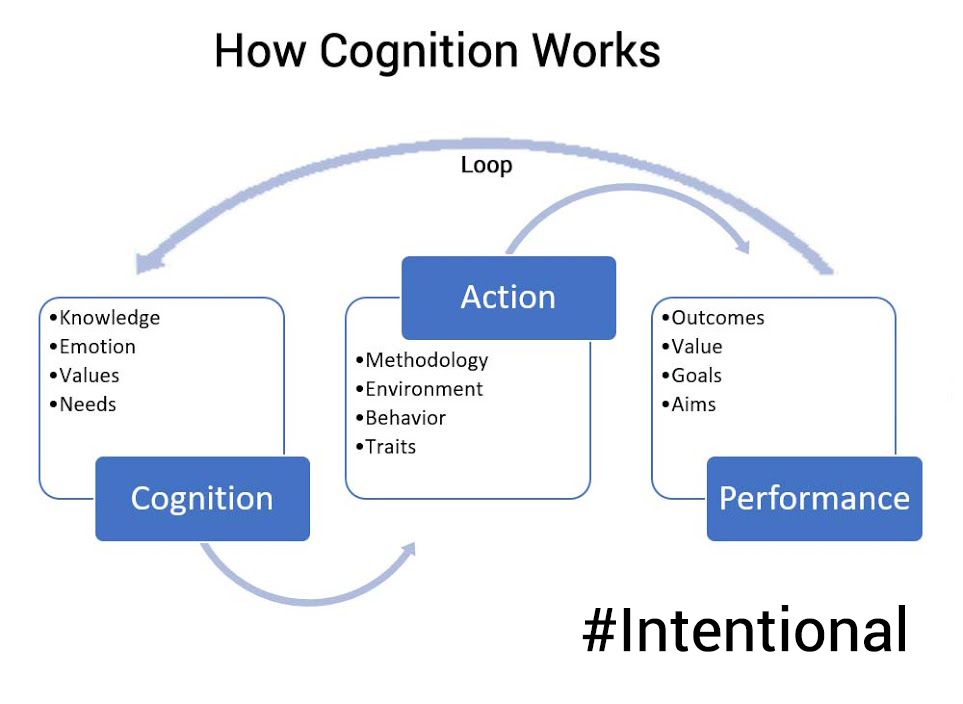How The Power Of Narrative Can Help Us Re-Examine Our Beliefs

Narrative is what the brain creates all the time. From the moment you wake up in the morning to the time your head hits the pillow at night your brain weaves tales about yourself, the people you see, the world, yourself and the people you see, yourself and the people you see and the world. Each tale is a thread and throughout the day those threads get interwoven so that they form a tapestry that tales a grand tale.
The tale is grand because it has meaning. The seemingly meaningless things you encountered throughout your day, the things you had to do, the things you saw other people doing all came together in the tapestry woven by your brain. Its span is huge, much bigger than you had time to weave that day. But you know it's huge. You know that the trucks you drove past on your way to work were delivering goods manufactured on the other side of the globe and transported via container ships to satisfy consumer needs. You know that the traffic lights that stopped you from getting to work earlier than you did represent a complex traffic-management system that is overseen by a department in the city's municipal structure.
The tapestry you wove didn't stop there: The road that got you to work without an incident is the result of taxes you pay locally to fund maintenance and repairs. The work you got to so you can earn your living serves needs that arise out of the urban settlement you and those around you live in. You know that all these people only get along because each understands, just like you do, the setting in which you all exist, the legal system that makes sure everyone gets along and everyone can get redress when things go awry.
Depending on who you are and what your educational and work background is, at some point in the day, your eye stopped on other individuals and you found yourself playing a guessing game about what they are like, what they enjoy, who they are and what they want to do with their life.
All of this happened because your brain, just like everyone else's around you, has evolved to create narratives that make sense out of everything that it observes. It does that for two distinct reasons. First, because it is easier to understand and remember things that make sense. This sensemaking capability of the brain allows it to determine what is relevant and what isn't relevant so we can remember it more easily in future. Memory is one of the tools that aids our survival by helping us understand what it is our eyes report to the brain and how that can hinder or aid what we want to do. A narrative structure makes it easier to remember quickly each relevant fact about the world we live in. The second reason the brain uses narrative is because a narrative structure is a faster and much less energy-intensive way of remembering things.
It's much easier, for instance, to understand why hard work and time spent being diligent pay off through the tale of The Three Little Pigs than through Proverbs 13:4 or Galatians 6:9 two Bible verses that I am willing to bet no ordinary person can recall because they are not on the same entertaining narrative scale as The Three Little Pigs story.

How Our Views Are Formed
By now you realize that the narratives the brain creates help generate the reality we experience. They form our perception because they determine much of the interpretation we apply to what we see. They shape our reality by guiding our expectations based on past experience. For example we don't expect to get to work later than we normally do when we leave the house at the exact same time each day, experience the exact same driving conditions and encounter nothing we haven't encountered before. In that description, just now, you get a glimpse of a clockwork universe that appears to work in a predictable, dependable way.
The key words here are “predictable” and “dependable”. We use our perception and beliefs to formulate ideas and opinions that help us make sense of the world. Because it takes so much energy for all this to take place the moment beliefs are formed we are, understandably, reluctant to change them. It would mean re-evaluating everything we have thought and believed so far.
Yet, beliefs are the mechanism through which we examine if our predictions about how the world works are accurate. We need the predictions we make to be accurate because then the world is predictable and dependable. Predictable and dependable makes us feel safe. Safe allows us to operate without feeling challenged.
What Happens When Our Beliefs Are Challenged
If you read carefully the language I employed in the paragraph above you already understand where this is heading. Anything that challenges our belief system is felt to threaten our safety. We react to it in the same way we would react to a perceived threat. If, for example, you could never predict when you'd get to work when you left the house in the morning it would cause your stress levels to go through the roof. First, you'd never be able to plan your day in a way that allows you to manage it. Second, you will start to question why this is happening. Why are constant variables cropping up which you cannot adequately predict?
If this keeps happening you will start to feel that there is some malevolent entity messing with you so that you can never get to work on time. You will take all sorts of crazy actions trying to correct this and get things back to ‘normal’.
This brings us to the current modern predicament we observe. Polarized opinions, polarized views. People battling each other on social media platforms and across the sociopolitical spectrum. Take away the opinions and views each holds, strip everyone of their beliefs and what do you get? Identical biomechanical and neurobiological units that experience the same needs battling each other over their personal interpretation of what they think is required to survive.
Given that survival is the common goal here and no one is directly threatening anyone else's survival the common sense response would be to share opinions, pool resources and see which one is right. If we applied this to the hypothetical craziness of never being able to get to work on time because each day the driving conditions changed wildly, those afflicted would want to mutually solve the problem quickly.
Cooperation, discussion, the exchange of thoughts and ideas would be the natural way to behave. But that is only possible because I presented a specific narrative: the issue of getting to work on time through a highly unpredictable journey.
When we face issues such as misinformation, fake news, political views we uncritically accept them. We then find it difficult to accept anything that challenges them without feeling directly challenged ourselves.

It is only by testing our beliefs that we truly probe the world around us and refine our sense of what is and isn't predictable and dependable. For that to happen however we need to reframe the narratives we use to establish what it is we understand. You need to think a little about that one. But you already know it makes sense.
Articles from David Amerland
View blog
It’s interesting to think that a book is a sufficient representation of a cultural ethos that it can ...

I came into the entire area of decision-making, identity, intent and motivation via my deep understa ...

Thoughts lead to actions. Actions have consequences.Our thoughts arise out of a complex mix that's m ...
Related professionals
You may be interested in these jobs
-
Evening Customer Service Centre Advisor
Found in: Jooble UK O C2 - 7 hours ago
Ritz Recruitment Cardiff, United Kingdom Part timeCustomer Service Representative · The Customer Service Representative team manages customer contacts both offline via telephone and online via email and live chat servicing client and business partner products. Customer contacts range from general product and website queries to ...
-

Dynamics Consultant
Found in: Jooble UK O L C2 - 5 days ago
Revoco Bristol, United KingdomDynamics Engineer - Remote UK - £65,000We have partnered with a local Tech4good that are going through a huge digital transformation and an Environmental engineer is key you their success, you will be critical for customers and colleagues across this company to achieve great tech ...
-
Lead Java Developer
Found in: Appcast UK C C2 - 1 day ago
Opus Recruitment Solutions London Area, United KingdomMy client is a tech consultancy renowned for delivering innovative solutions to their clients. With a focus on cutting-edge technologies and a commitment to excellence, they strive to exceed expectations and drive digital transformation across various industries. · They are seeki ...


Comments
David Amerland
2 years ago #2
@Zacharias 🐝 Voulgaris thank you so much for adding this here and it creates a more formal yet accessible definition of the process of theorizing-testing-evolving.
Zacharias 🐝 Voulgaris
2 years ago #1
Interestingly, that's how (true) science works. Theories provide the narrative and researchers constantly challenge them, in an effort to obtain a better definition of the underlying truth. Once attained, new theories are formed and the process continues. Cheers for the insightful article!